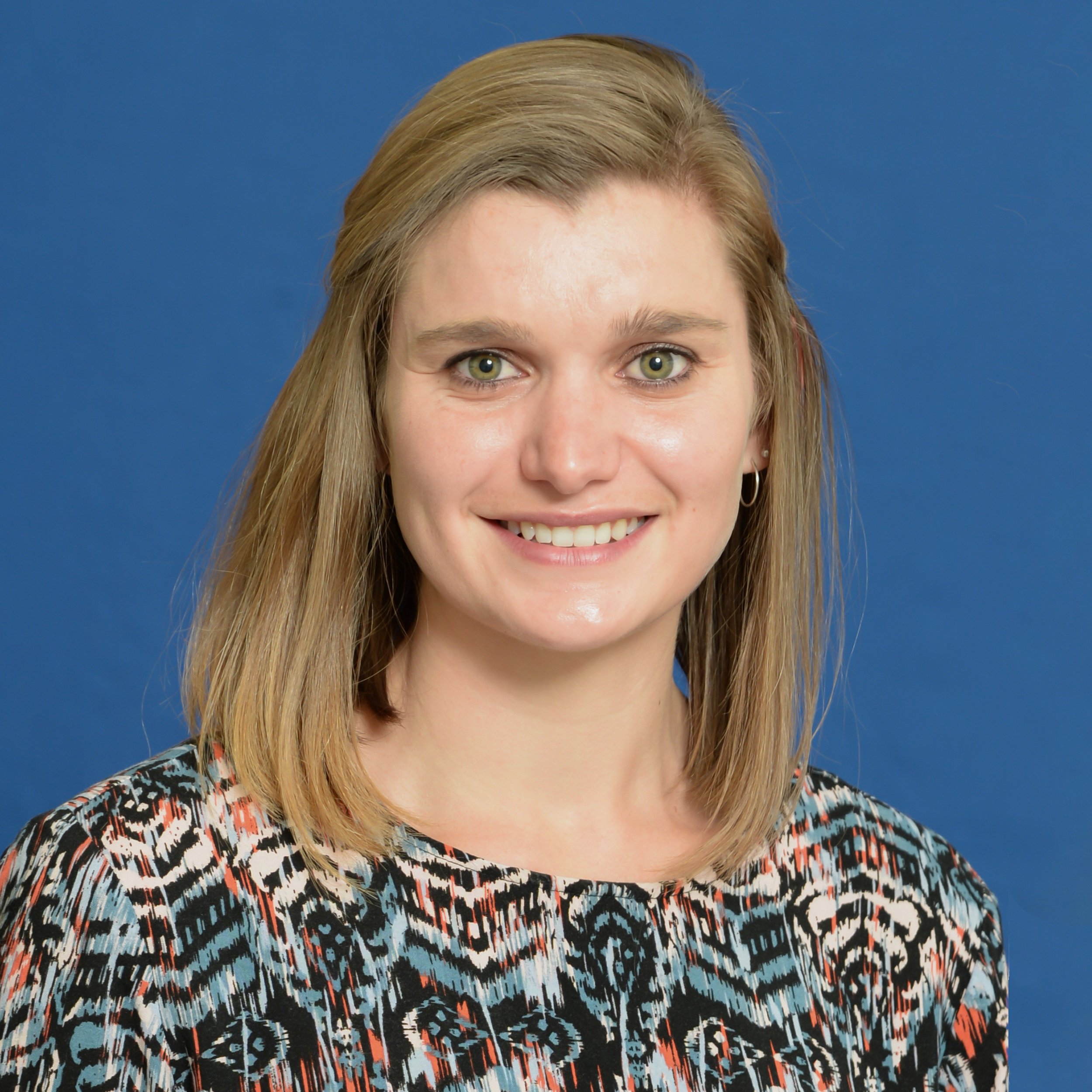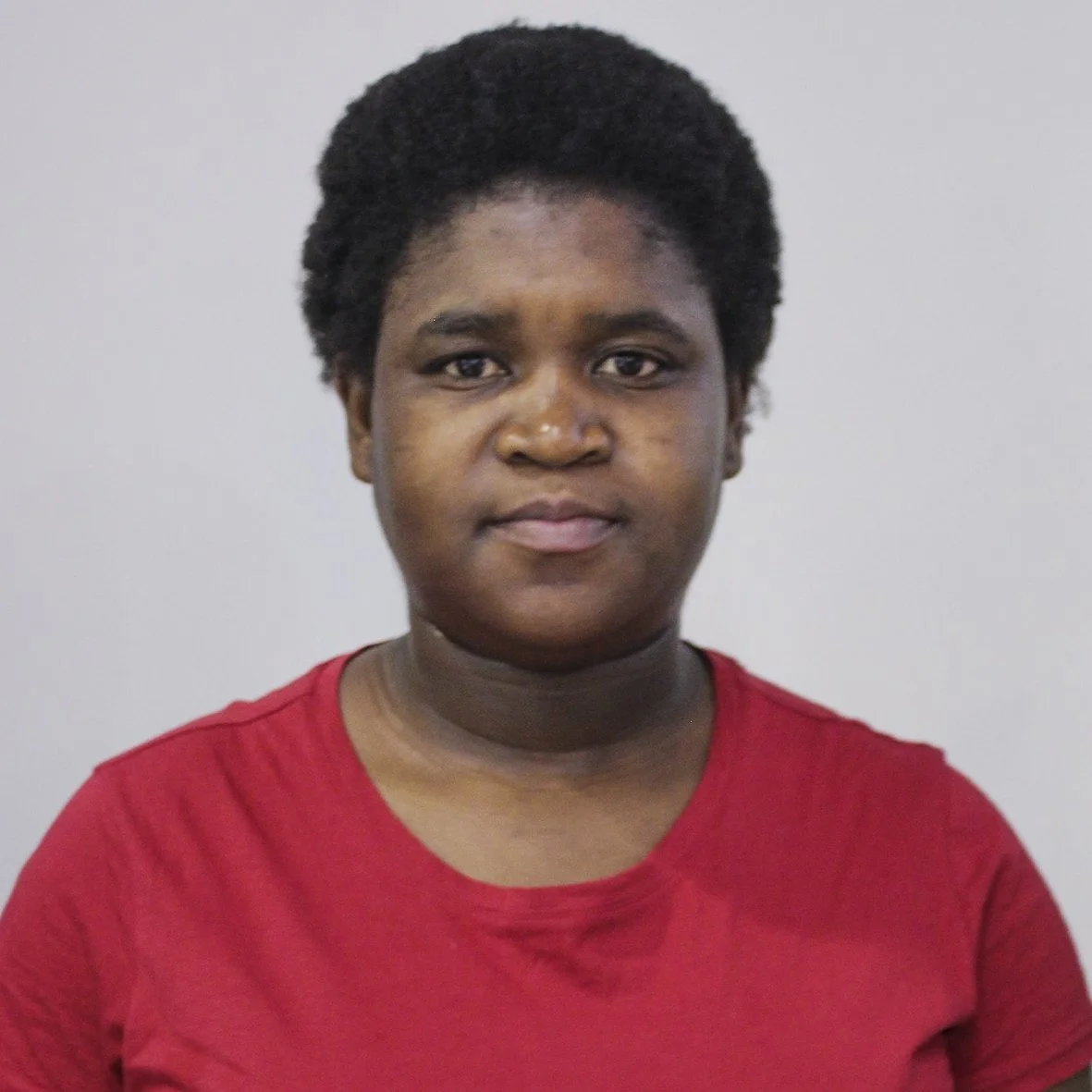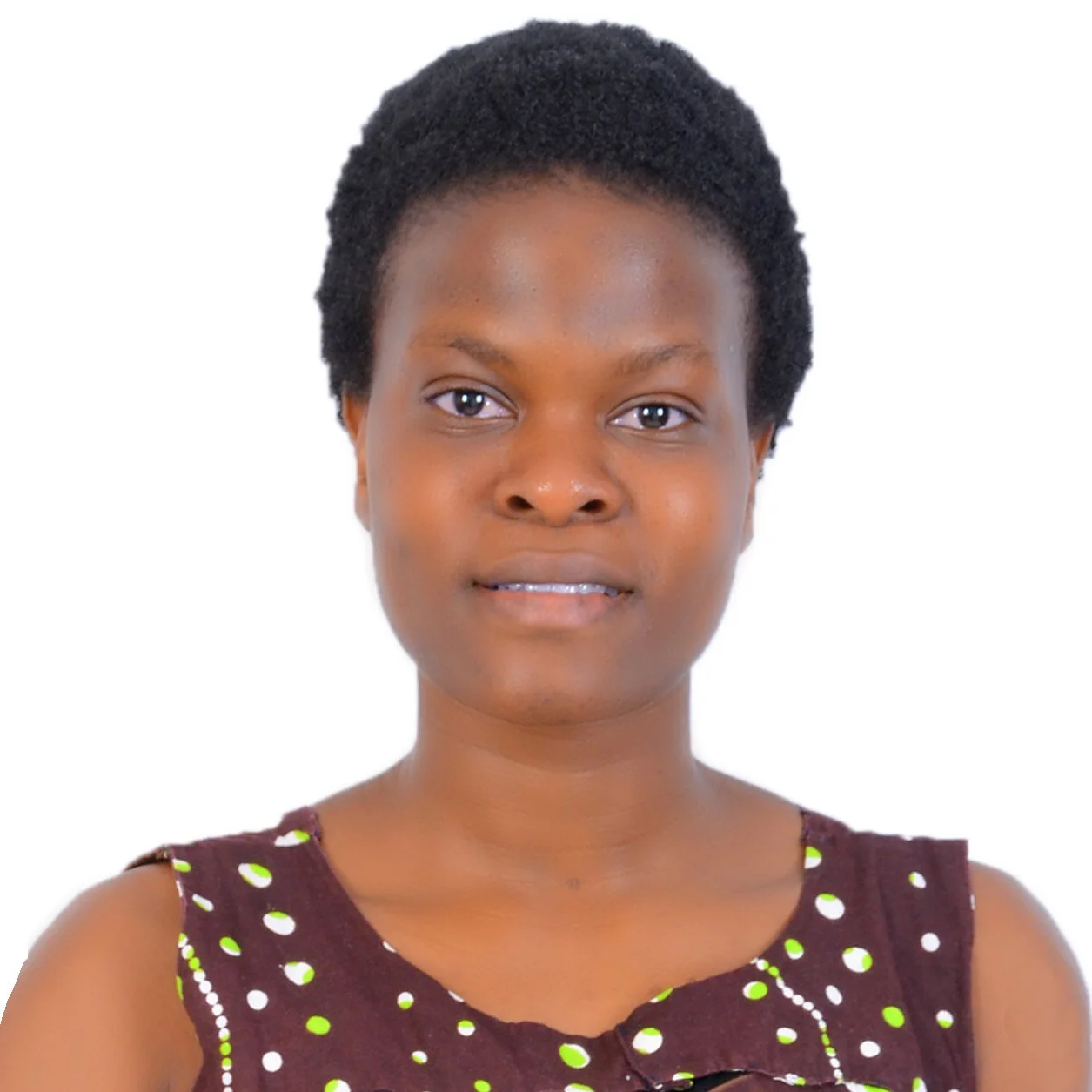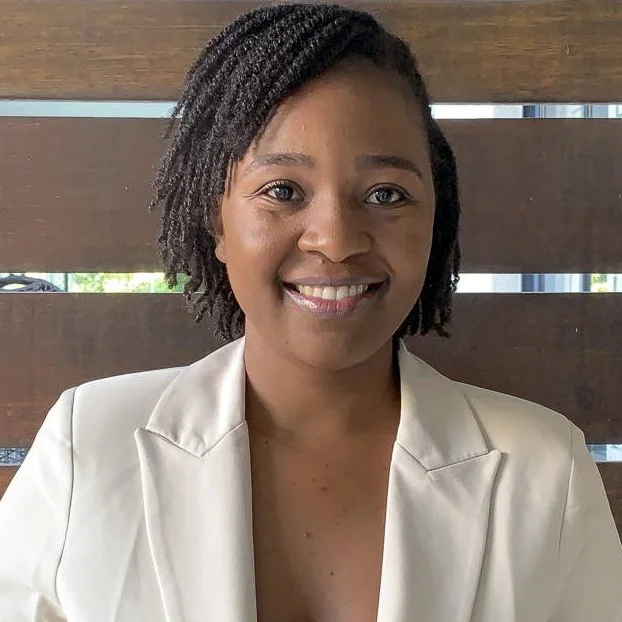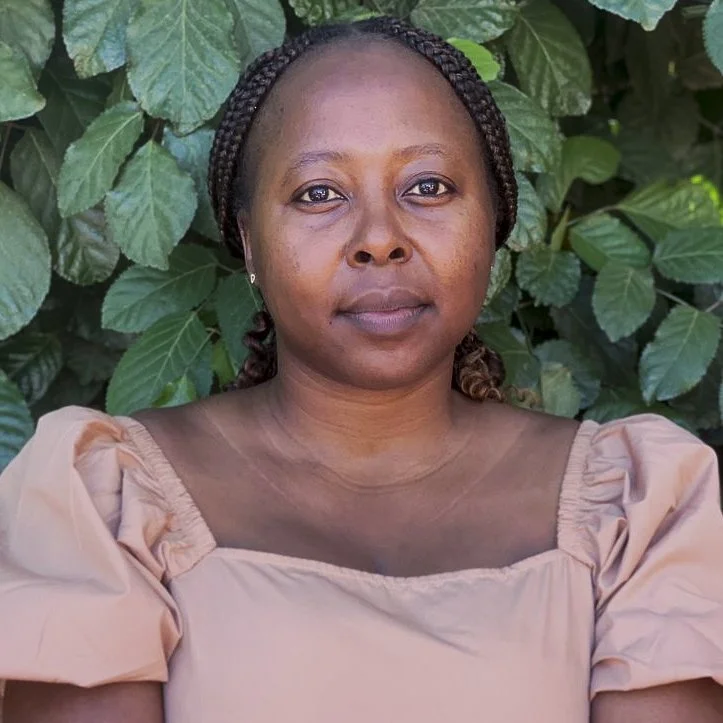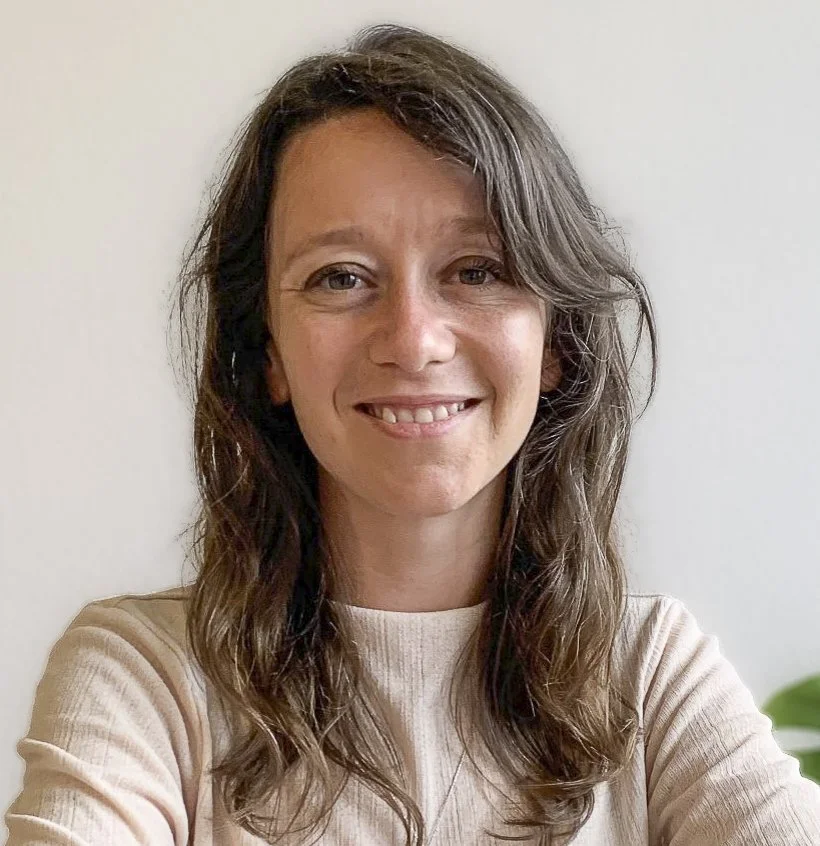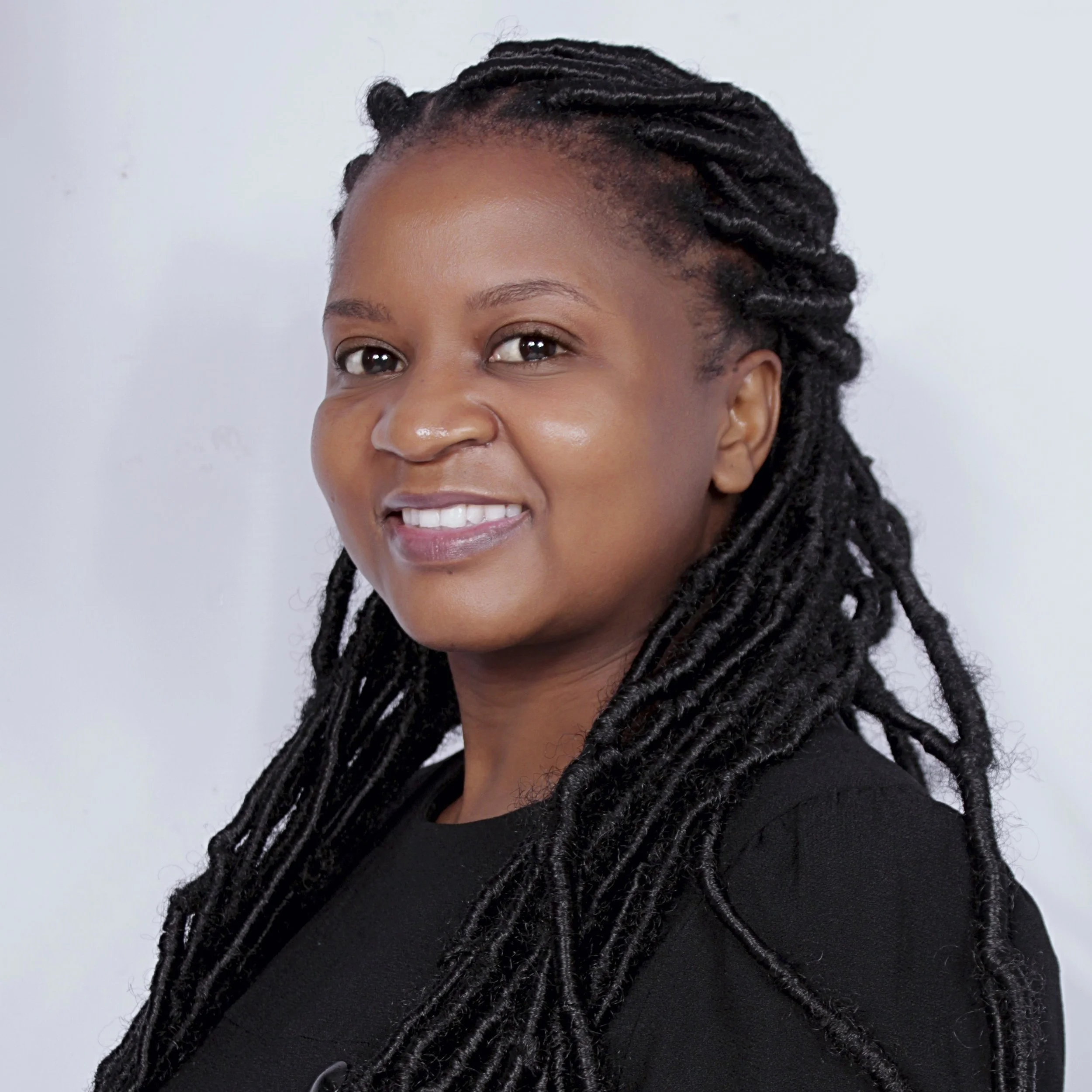Helishia Dirks, from South Africa, is studying for a Master of Health Sciences in Clinical Technology at the Durban University of Technology. She completed her B.Tech in 2005 and completed an additional BA in Applied Psychology on a part-time basis in 2011. As part of her psychology degree, she also became a registered HIV counselor. She is currently working at Red Cross War Memorial Children’s Hospital in the Neurophysiology Department.
Helishia’s research centers on finding an early biological marker for diagnosing cerebral palsy in resource-limited settings where MRIs are not freely available, by examining the link between cognition and sleep spindle density. The title of her study is “An assessment of the correlation between reduced sleep spindle density and cognitive decline in patients at risk of developing cerebral palsy in the Western Cape of South Africa.”
Helishia is a fierce advocate for the rights of children and is currently a custodian of the De Kuilen Primary Care Group. She provides regular food and clothing parcels for 12 disadvantaged families of children attending the school.
Professionally, Helishia serves as a moderator for the post-graduate Electro-Encephalogram (EEG) course for physicians offered at the University of Cape Town. She serves as an examiner for the EEG technician short course offered by the Neurophysiology Department at the Red Cross War Memorial Children’s Hospital. And she is also a Facility Evaluator on the Board of Radiology and Clinical Technology for the Health Professional Council of South Africa.


